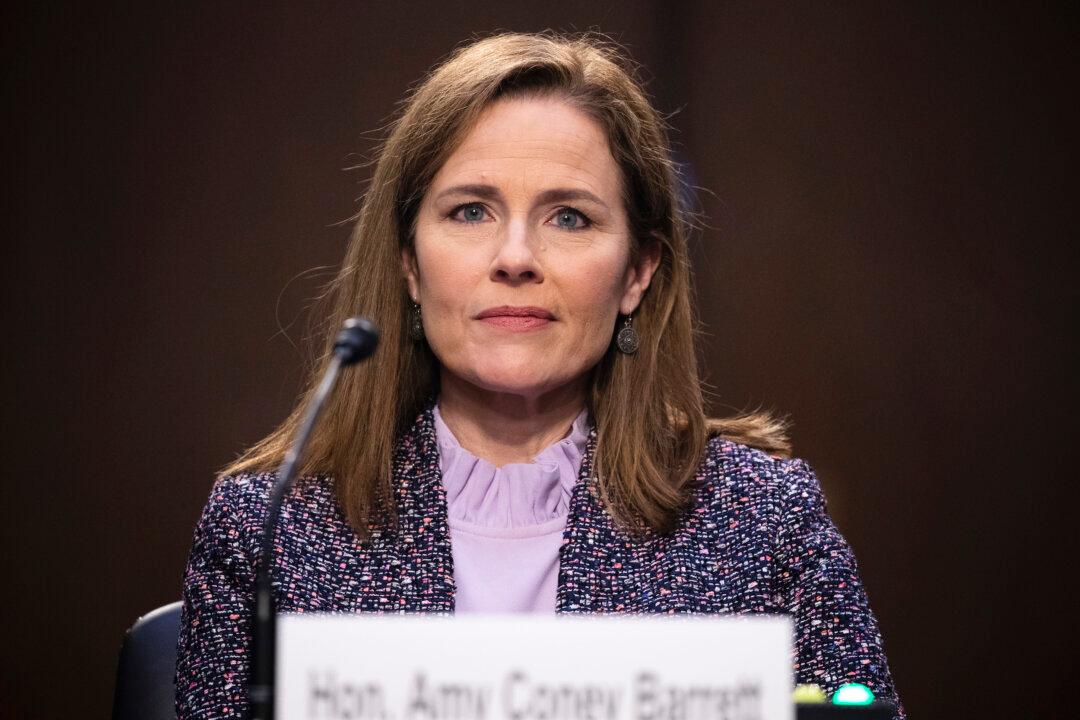Wednesday marks the third day of Supreme Court nominee Amy Coney Barrett’s confirmation hearing, in which questioning from senators from the Senate Judiciary Committee will continue.
During the hearing on Tuesday, which ended a little after 8 p.m., Barrett fielded questions from senators from both sides of the aisle from a range of topics including politically-charged issues, legal doctrines, judicial processes, as well as questions about her record.




